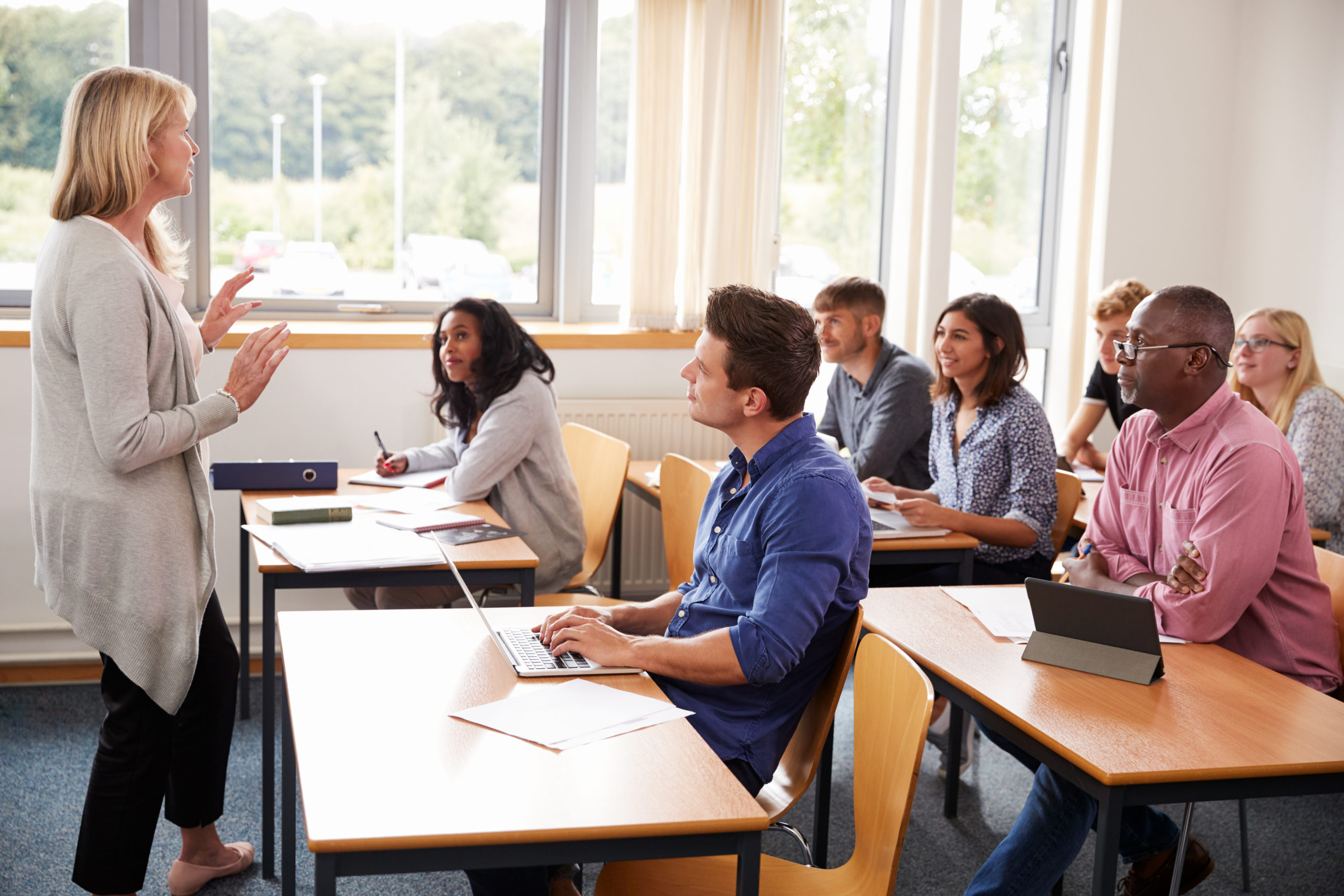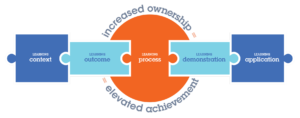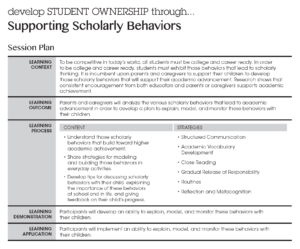Share this article.
Learning should not be exclusive to our students. Its power is expanded when there is a community of adults who have the skills necessary to elevate student achievement.
There are many stakeholders with roles in this community. The vital role of teachers is to support students to own their learning. The vital role of parents and caregivers is to support their child to own their learning at home. The vital role of school-site administrators is to support teachers and parents/caregivers to own their role in student learning.
It is critical, then, that school-site administrators collaborate with teachers and parents and caregivers to create engaging learning opportunities that build the capacity of all adults in their educational communities, thereby ensuring that their students have the opportunity, skills, and knowledge to achieve their career and life goals.
In other words, all adults in a student’s community must actively engage in professional learning opportunities that ultimately will benefit the student.
Determining the Professional Learning Session
The first step in building engaging learning opportunities is to determine the focus of the professional learning. This is usually the answer to these questions: What content and skills do the teachers need in order to support the students? or What content and skills do the parents and caregivers need in order to support their child? It’s important to note that while the needs will vary the support is always student-centered. It should always stay focused on how the learning benefits students.
Once the focus is determined, the next thing to decide is the format of the learning. Will the learning be achieved in one session or more? How long is a session? How many participants should be in a session?
The last question when determining a professional learning session is: Who will lead the session? Who has the skills and expertise to be the presenter?
Once these questions, have been answered, the presenter can proceed with planning the learning session.
Engaging Adult Learners
When working with adult learners it is imperative that the presenter understands the needs of their audience, regardless of the topic. Risko and Vogt clearly articulate six principles and questions to consider when engaging adults in learning.
“For many years, [Malcolm Knowles’] principles of andragogy [the art and science of teaching adults] guided the field of adult education in the development of instruction and materials. As you read about each of Knowles’ principles, think about the ways in which they apply to you as a learner. In what ways are they relevant for the [adults] with whom you work?
1. Adults (those 18 and over) need to know a purpose for learning something new.
2. Adults’ experiences, even with mistakes, provide a basis for their subsequent learning.
3. Adults, when learning something new, want to be responsible for their own decisions as they progress toward independence.
4. Adults most want to learn that which is immediately relevant to their own situations.
5. Adults respond better to internal motivation than to outside motivations.
6. Adult learning is more problem-centered than content-centered.”
Put another way, adult learners need to know and understand the following…
- Why am I learning this?
- What will I learn?
- How will I learn this?
- How will I show that I have learned it?
- How will I continue to use what I learned?
Therefore, the presenter needs to plan sessions that clearly explain this information. They can begin by using a focused Learning Model to guide their decision-making.
A Focused Learning Model for Adults
The Learning Model is made up of five phases: setting the Learning Context, stating the Learning Outcome, engaging in the Learning Process, producing the Learning Demonstration, and implementing the Learning Application.
The Learning Model helps answer the following questions:
- Why is the learning important? The Learning Context introduces what adult learners will be learning, why it is important to them, how this learning connects to previous learning, and how they will apply what they have learned in the future.
- What will the participants learn? The Learning Outcome clearly states to the adult learners the objective of the session (what they will learn) and the demonstration of their learning (how they will show ability to apply what they have learned).
- How will the participants learn it? The Learning Process determines which instructional strategy or methodology will most effectively and efficiently engage adult learners in mastering the outcomes of the session.
- How will the participants show that they have learned it? The Learning Demonstration determines how adult learners will show mastery of the outcomes of the session.
- How will the participants continue to use what they learned? The Learning Application makes connections to the various situations of adult learners as they use the session learning to support their school.
If a presenter plans with this thinking in mind, the session is more effective in terms of learning and more efficient in terms of time. And the session is more easily explained to participants who will then have an easier time getting started, interacting with others, and monitoring their understanding during the session.
Here is an example of what we mean.
Click here to download more examples of focused lessons.
The Most Important Decision Presenters Make
Lastly, a presenter needs to determine how they are going to share their decisions with the participants. Remember, adults are more motivated and engaged when they know what they are learning, the purpose for it, and why it’s relevant.
So, as you begin to plan professional learning sessions for adults in your community, don’t keep them in the dark—let them understand and interact with your decisions.
What’s Next in Learnership?
When we own something, it’s ours. It belongs to us. No one else can ever take it away. Isn’t that what we want our children to feel about their learning? Yes, it is.
But it is much more than a feeling. Learnership is the skill of owning your learning. It is the life skill our children need to be successful in the future. In other words, success in the future is not about what we know, but rather, what we can do with what we know. This is exactly what colleges and employers are looking for.
We at Elevated Achievement believe that learnership is the most important thing we can help our students develop. That’s why we do what we do.
And, that’s why we wrote this article and others to provide the knowledge and tools school-site administrators and/or presenters need to plan and implement a focused Learning Model for each and every professional learning session. Because when you do, the adults in your educational community will gain the skills they need to support their students in developing learnership.
Continue the Learning
Check out these articles and resources to continue your learning about this topic…
The Learning Brief
In this article you learned…
- All adults in a student’s community must actively engage in professional learning opportunities that ultimately will benefit the student.
- Presenters need to plan professional learning sessions using a focused Learning Model for Adults.
- Presenters utilizing a Learning Model for Adults will be supporting their participants in knowing what they are learning, why they are learning it, how they will learn it, how they will show they have learned it, and how they will continue to use what they learned.
Can you imagine building an environment full of motivated, engaged, and eager students who own their learning?
We can.



